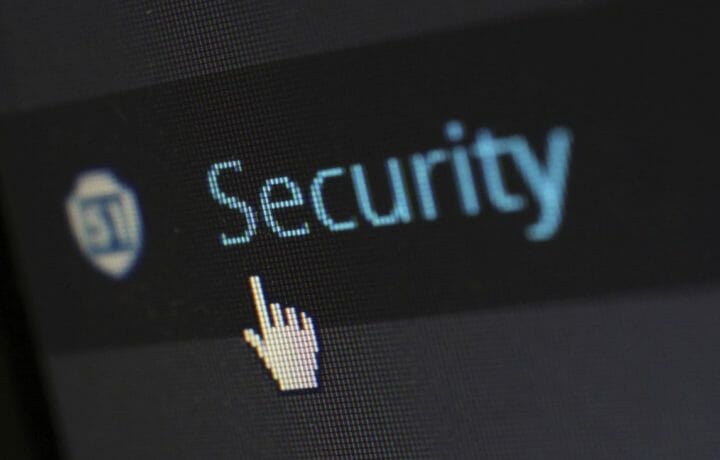While the nation’s northeastern states brace for the approaching hurricane, across the Atlantic, Iran appears to be doing some emergency preparation of its own.
After experiencing a series of sophisticated cyber attacks to the nation’s nuclear program and its oil ministry, Iran is reportedly planning to strengthen its cyber defense capabilities.
According to Fars News Agency, the director of the Civil Defense Organization, Gholam Reza Jalali, warned that Iran’s adversaries are developing and utilizing new technologies to attack the country’s infrastructure and information systems.
“Threats determine the direction of our movement,” Jalali said, advising that the nation’s new cyber defense strategy should be “smart” and unconventional.
“I think that utilizing hi-tech is like playing in enemy’s court because it has been developed based on the capabilities of the enemy,” said Jalali.
But while the Iranian defense official remained short on the specifics behind the country’s new cyber defense strategy, the United Nations stepped up to express concern that the country’s latest efforts could be an attack on human rights.
According to Reuters, a report released by U.N. human rights investigator Ahmed Shaheed found that the Iranian government’s new cybersecurity plans and efforts to create a cyber council “seemingly infringe on freedom of expression and the right to information.”
Based on the report’s findings, Iran has allegedly used the formation of its cyber council to crack down on websites the country will allow its people to access, blocking sites that include “pornographic content, insult Islam or Government officials, proselytize unrecognized religions, or establish anti-government political groups.”
Yet, with the U.N. criticizing the country for trying to pass censorship off as cybersecurity, Iran wasted no time in firing back at the report.
“Establishment of [a] cyber council for securing domestic Internet relates to security and sovereignty of states rather than an issue dealing with promotion and protection of human rights,” the Iranian government said in a statement, according to Reuters. “As a country frequently targeted by highly sophisticated vicious cyber attacks, often orchestrated by certain States, Iran has every right and reason to strengthen its cyber space security.”
____
Michelle Kincaid is a DC-based public affairs professional specializing in technology policy. She is also founder of the blog CybersecurityNews.org. Follow her on Twitter at @OnCybersecurity.



